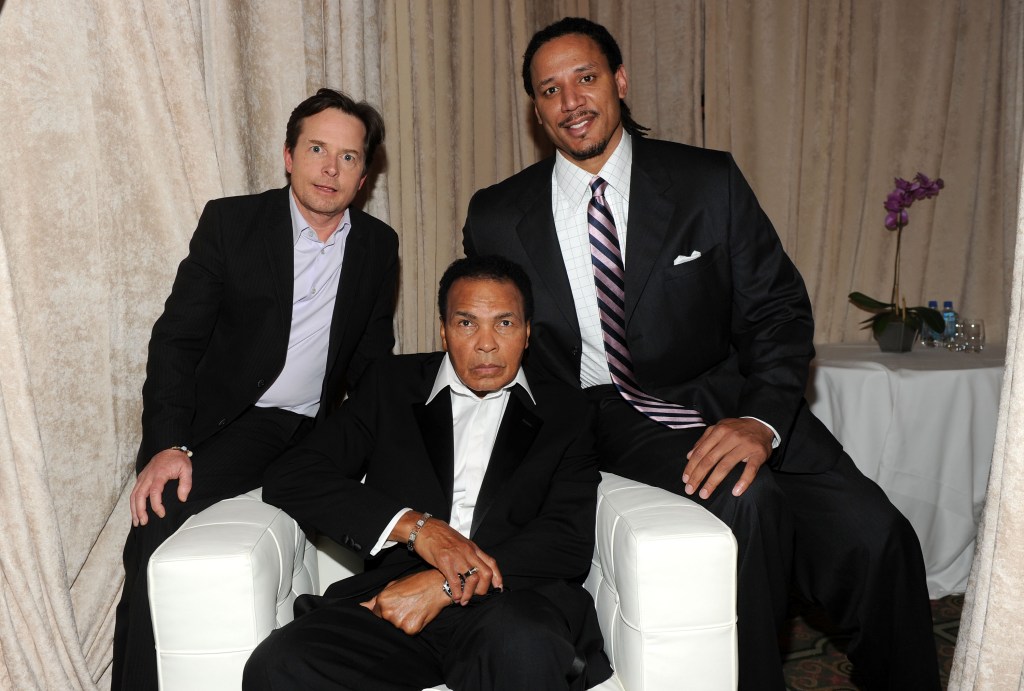Parkinson’s disease linked to common chemical banned in Europe — but allowed in 48 US states
Contact The Author
A chemical widely used to dry-clean clothes has been linked to the rise in Parkinson’s disease, the world’s fastest-growing brain condition.
The connection between Parkinson’s disease and trichloroethylene, or TCE, has been suspected for decades, but a new report delivers damning evidence against the product, which has dozens of military, industrial, commercial, medical and consumer uses.
“For more than a century, TCE has threatened workers, polluted the air we breathe — outside and inside — and contaminated the water we drink,” according to the report’s authors.
The report, published in the Journal of Parkinson’s Disease, includes case studies of people affected by the disease such as former NBA star Brian Grant, who was diagnosed with early onset Parkinson’s at the age of 36 — not unlike actor Michael J. Fox, who was diagnosed shortly before his 30th birthday.
As a child, Grant’s family was stationed at Camp Lejeune in North Carolina, where he and thousands of others drank and swam in the local water supply. Testing later revealed that the water at Camp Lejeune contained astoundingly high levels of TCE — 280 times above current safety standards.
Parkinson’s disease is a condition of the nervous system that can cause tremors, stiffness or slowing of movement, according to the Mayo Clinic.
The disease gets progressively worse over time and there’s no cure for the condition, though some medications can help ease symptoms.
Grant noticed troubling symptoms with his coordination in the mid-2000s and was soon diagnosed. He now leads an organization dedicated to support for people with the disease, the Brian Grant Foundation.
Banned in the European Union, TCE — which has been used in paints, carpet cleaners, pepper spray, degreasers, anesthesia, decaffeinated coffee, inks and dyes, computer electronics and soaps — has also been linked to heart disease, miscarriages, birth defects and several types of cancer. Grant’s father died at age 65 from esophageal cancer.
Only two US states, New York and Minnesota, have prohibited the use of TCE, which is still permitted for degreasing and spot dry cleaning in most of the United States.
Despite continued warnings about its risks, the use of TCE is increasing worldwide.
“Global use is waxing, not waning,” the report’s authors noted. “Most of this has been invisible, all of it is unacceptable, and none of it will stop until we act.”
The authors call for decisive action to curb the risks of TCE, from cleaning contaminated sites to monitoring TCE levels in groundwater, drinking water, soil, and outdoor and indoor air and extending to a comprehensive ban.















